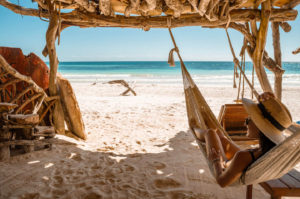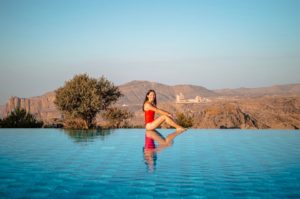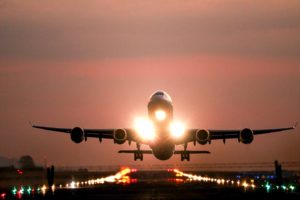Last Updated: December 21, 2023
In 2019 as the clock hit 12 o’clock at midnight and we were setting our New Year’s resolutions, none of us expected how this year would turn up. I had made a long list of things I wanted to do and I had (or so I believed) a solid plan for 2020. The COVID-19 pandemic has shaken up the entire world and from what it seems the repercussions will affect us for the years to come. The way we travel has changed in ways that we never imagined it would be possible and so we’re left with no option but to adapt.
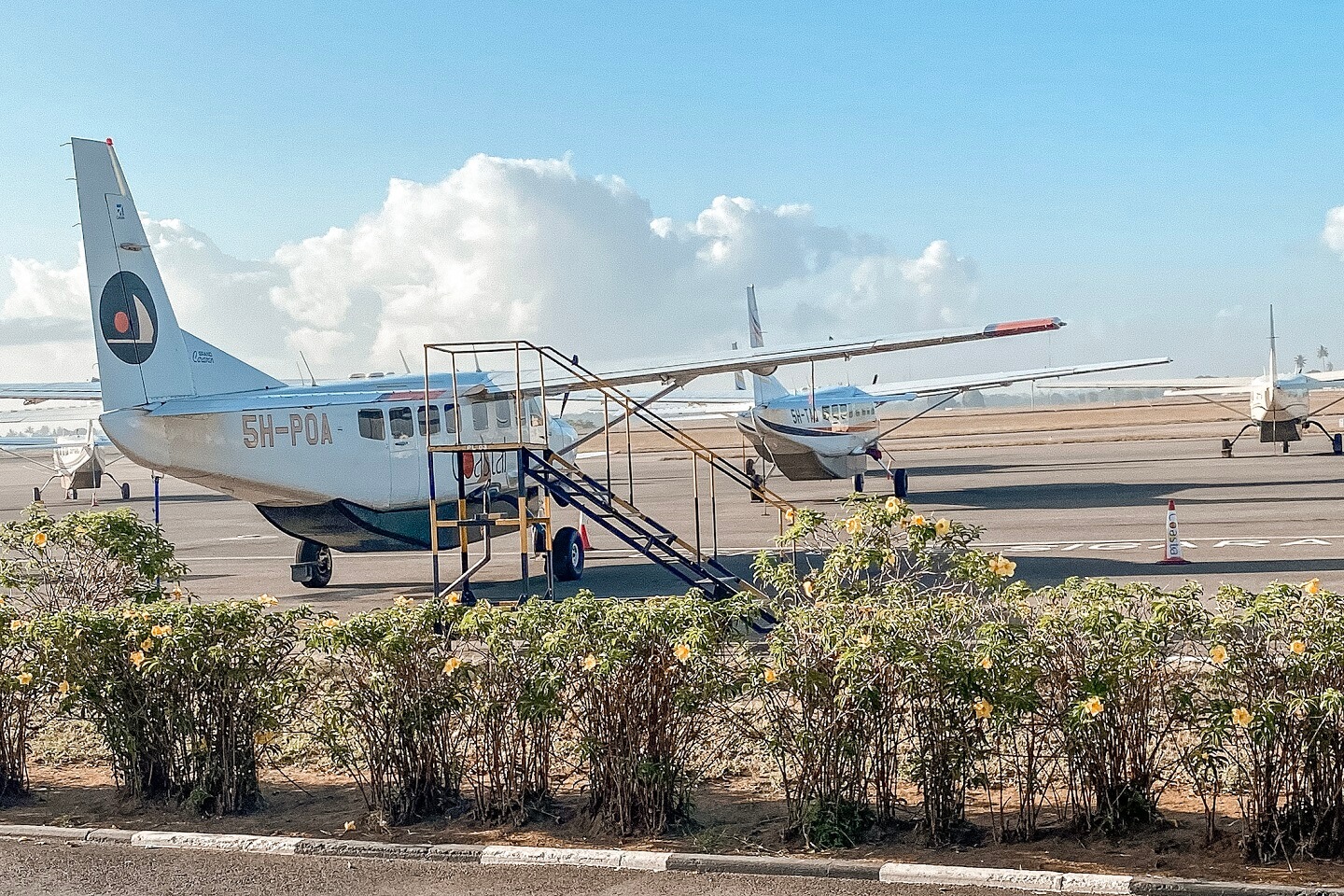
In June, the ease at lockdown in Malta followed. So we thought that now is as good time as any to take the opportunity and visit Greece. I had missed my family enormously and I was planning on spending a few days with them. After that, our plan was to visit Mykonos and Santorini for a much-needed mini-vacation. We booked our flights for the end of July crossing our fingers that nothing unexpected would force us to change our plans. Following our trip to Greece, we decided to venture on a new adventure and visit Zanzibar. We knew it was a risk but seeing that the situation with the pandemic had somewhat stabilized, we decided to travel nevertheless.
Below you will read all about my experience traveling during the COVID-19 pandemic. An experience which was evidently different between our trip to Greece as opposed to the one in Tanzania. That was mainly due to the fact that the latter did not belong to the Malta list of corridor countries.
BOOKING FLIGHTS
Frequent flights started operating from Malta to Athens during that period, so finding a ticket was not a problem. With the instability of the situation, however, booking a flexible ticket was our number one priority. One that would allow us to change the dates if we were forced to postpone our travel plans. Also, we made sure to read the bag policy of the airline. In an effort to ensure health and safety, most of the airlines have changed their hand luggage policy. The new policy allows passengers to check-in the carry-on luggage free of charge. This piece of information may seem insignificant at the moment but it can save you time and stress during your trip.
For our flight to Zanzibar, we chose to fly via Istanbul with Turkish Airlines. Flying via Istanbul was very convenient for two reasons. Turkish Airlines provides free accommodation for passengers who have a connection time of 12 hours and over, which was our case. Also, Istanbul belongs to the green corridor countries. That was important to us as it made our connection go smoothly without having to worry about any travel restrictions.
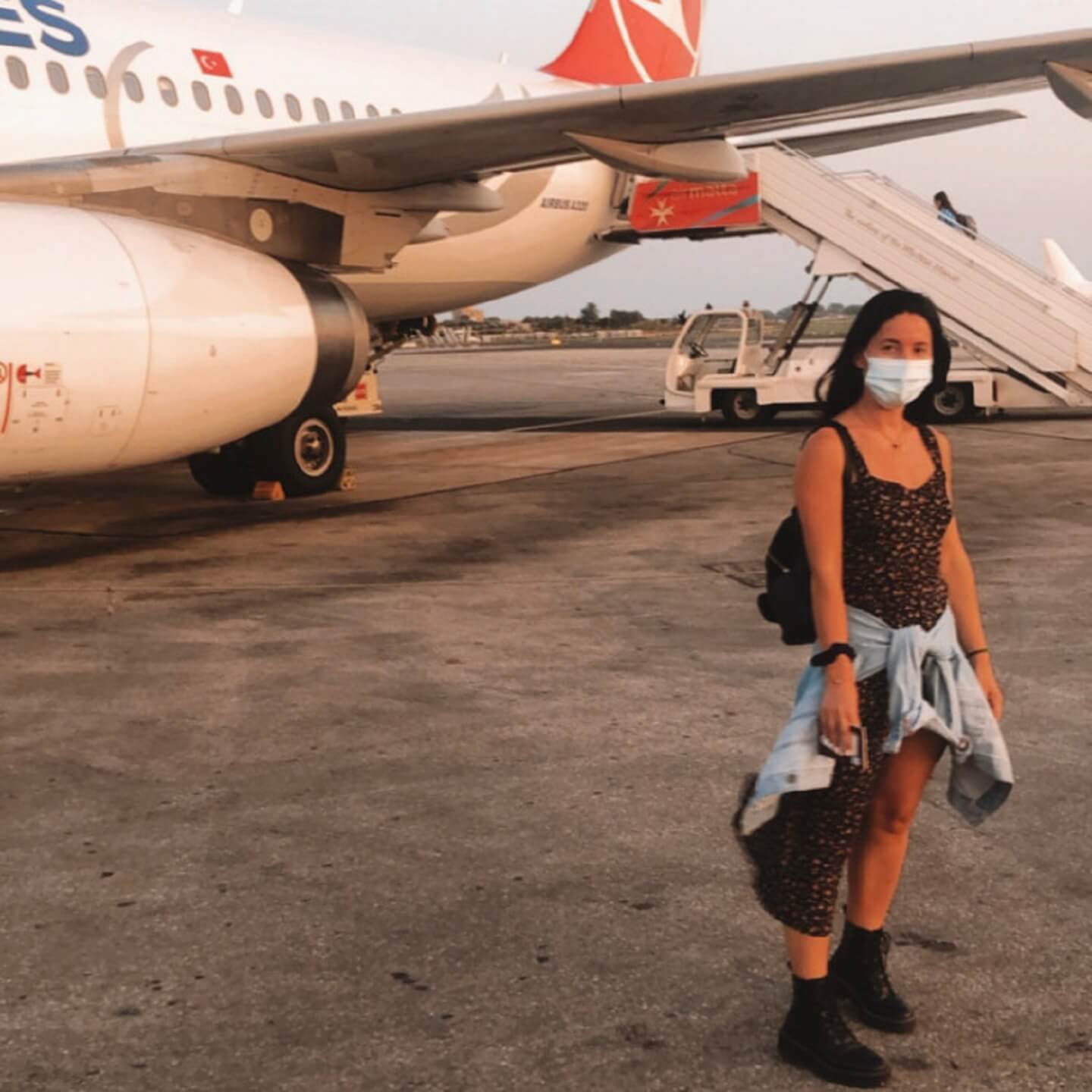
PREPARING TO TRAVEL DURING COVID-19 PANDEMIC
Before flying out, we had to fill in and present at the airport the necessary paperwork. A PLF (Passenger Locator Form) is almost as mandatory as your boarding pass nowadays. We had to have one for Greece, Turkey and Tanzania. All passengers must complete the form and present it to the airport personnel of the country they’re traveling to. Since this was the first time we were traveling after the lockdown that the COVID-19 pandemic caused, we wanted to print the form beforehand and avoid any potential delays. If you forget to print it, not to worry as the PLF form is now available at any airport. Also, at certain flights, even the airlines are handing them over to the passengers before landing.
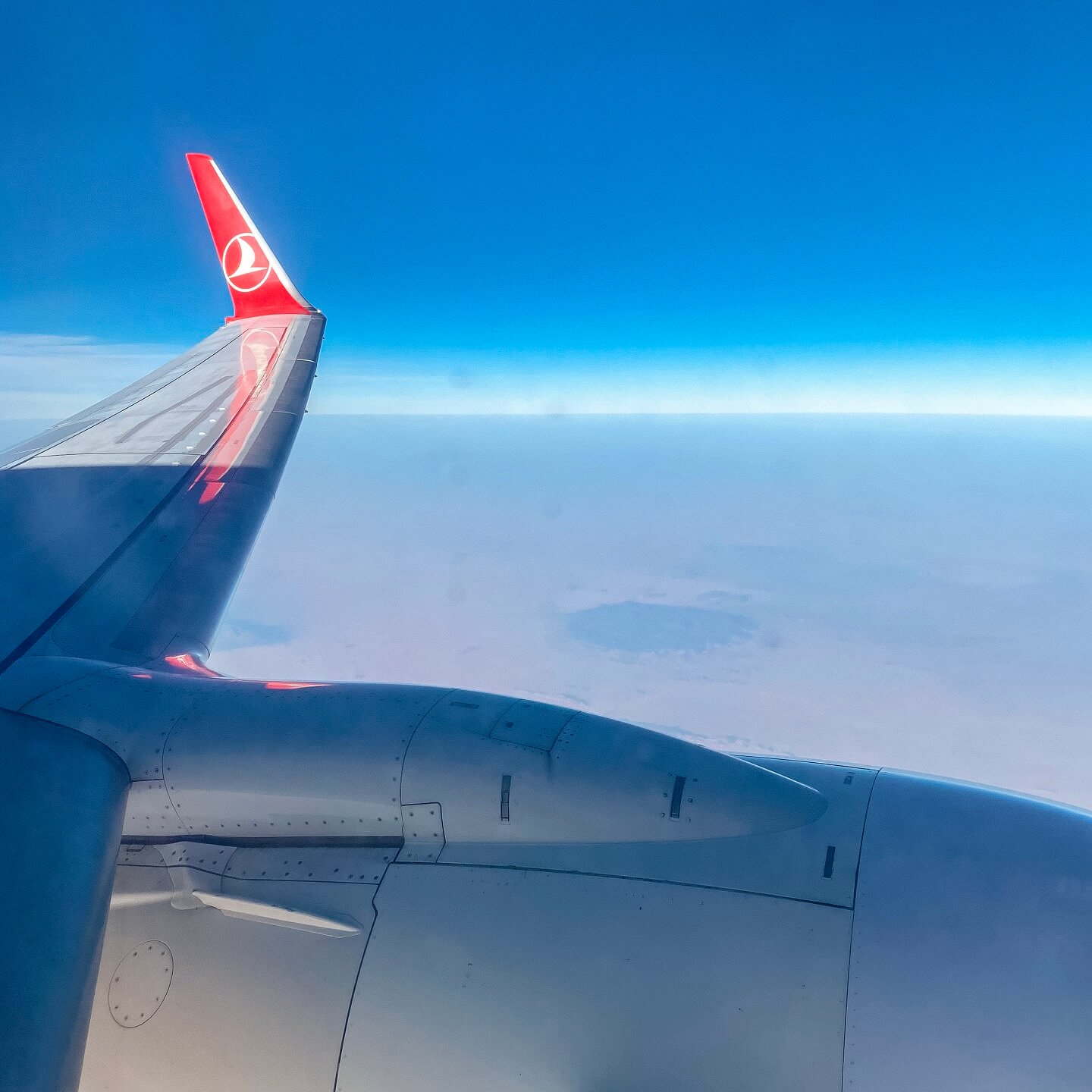
You have to be vigilant before flying to any country. Be sure to check whether a COVID test is needed, otherwise known as the PCR test. We knew that the Greek authorities back in summer when we traveled didn’t require it. On the other hand, upon our return to Malta from Tanzania, we were required to present a negative PCR test. That was requested by the personnel at both airports.
TIP: Some countries charge for the PCR test. Be sure to check beforehand what that cost will be so that you calculate your travel expenses accordingly. Our test in Tanzania cost 120$ per person.
MY AIRPORT EXPERIENCE DURING COVID-19 PANDEMIC
The moment we arrived at the airport it felt like a post-apocalyptic scene. The airport was deserted, with only the staff being around and very few passengers. Seeing airports that usually were beaming with passengers, being so empty felt dismal, to say the least. Thermal cameras were installed at strategic points, such as the entrances. Everyone was wearing masks and some people even had gloves on. Disinfectant liquids could be found every few meters.
I couldn’t help but notice that people were being extra cautious to wipe any surface they were about to touch. I myself was being careful to keep my hands off my face and keep my mask on unless I wanted to quickly eat or drink something. As well as, wipe any surface that I would sit on. The same practice was followed by everyone even after boarding the plane. The airlines are taking extra steps to disinfect the aircraft before each flight. However, I felt better wiping my seat, armrest, and tray table thoroughly as soon as I sat down.

ARRIVING AT OUR DESTINATION
As we arrived in Athens, random people were picked out for a swab test at the arrivals hall. Nurses were stationed at small swab centers who were taking the samples. The nurses then informed us that if it was positive we would be notified within 24 hours. In Tanzania, the experience was a bit different. All we had to do was fill in the passenger locator form and then our temperature was taken.
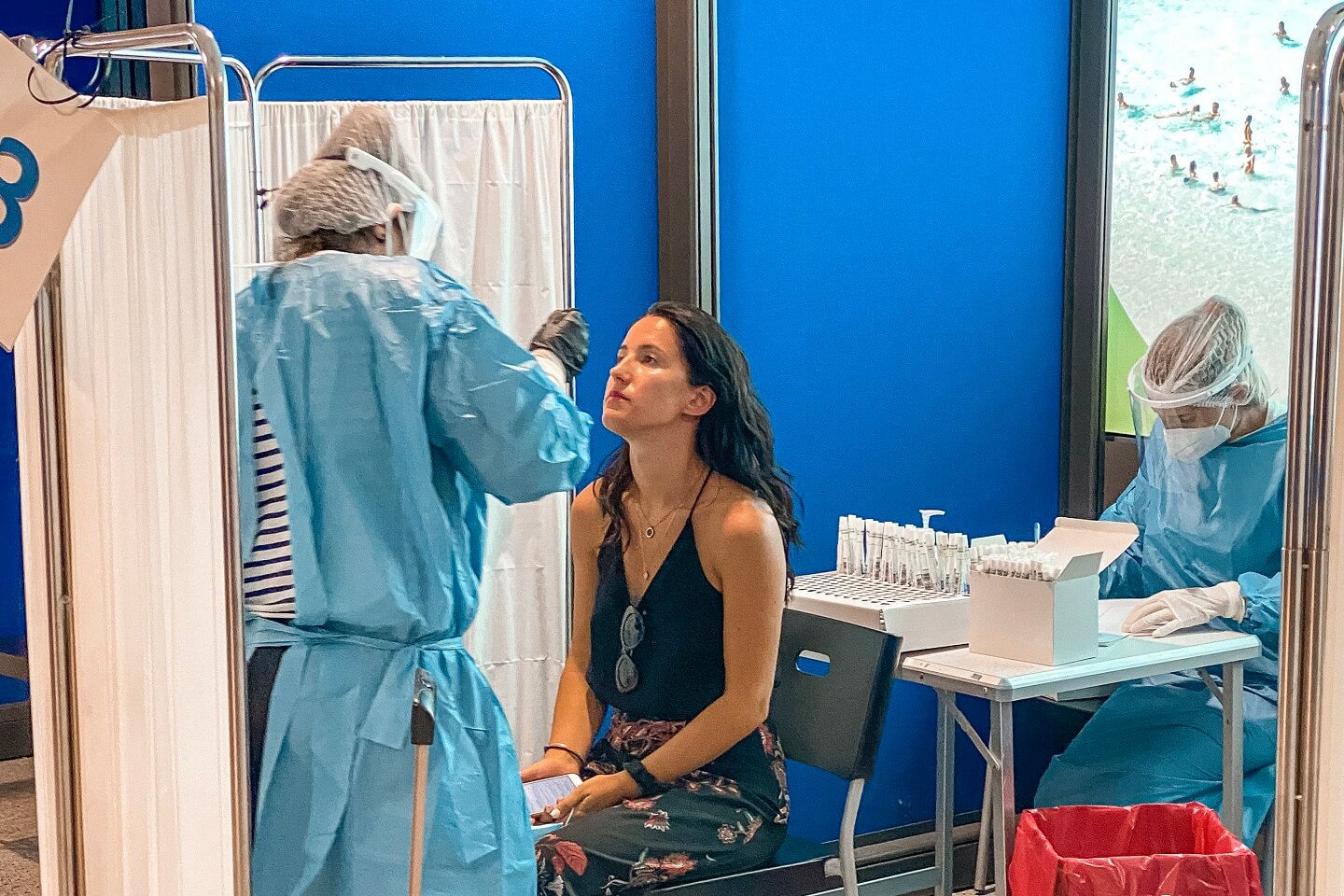
All the procedures we had to go through during our trips, felt relatively seamless. That’s not to say that they didn’t feel like an inconvenience. Flying nowadays requires a lot of preparation and planning in advance, which is causing additional stress. That will lead to more and more people seeking alternative ways of traveling. Most of us will focus on taking more road trips or exploring our own backyard.

